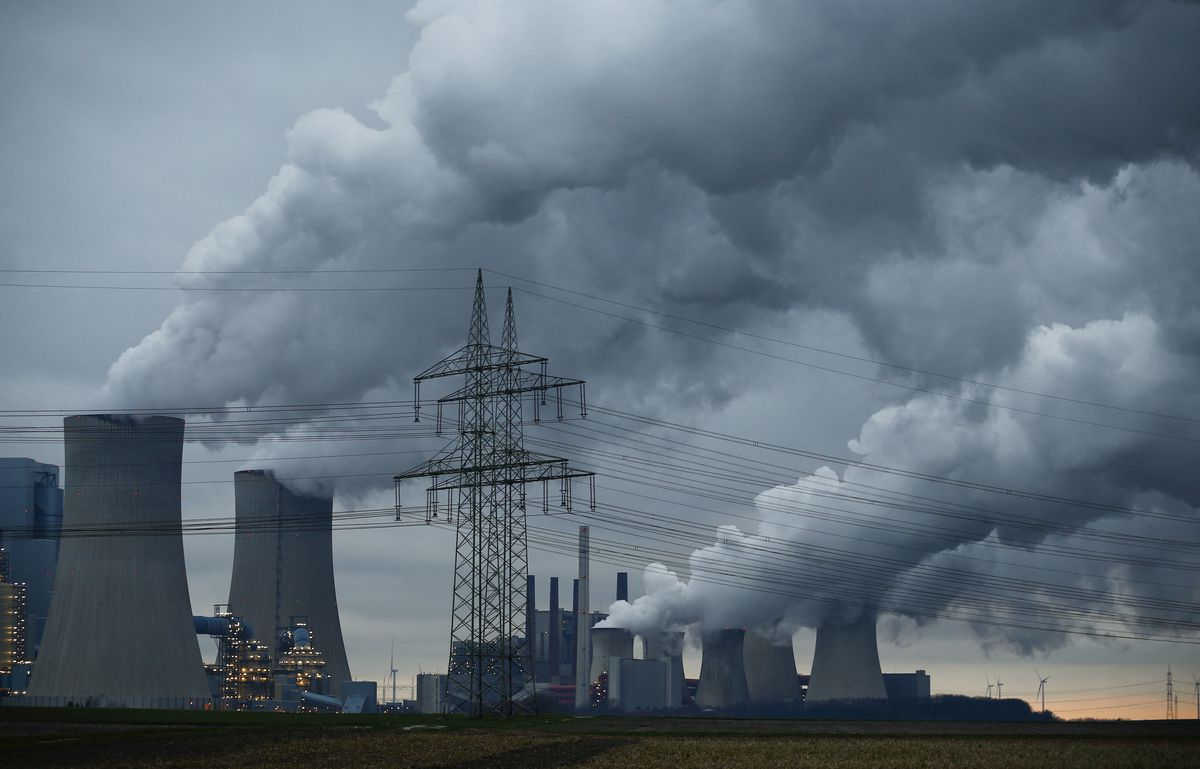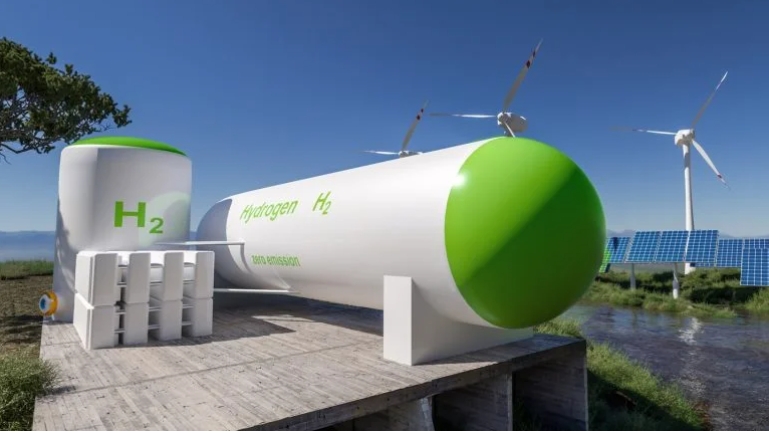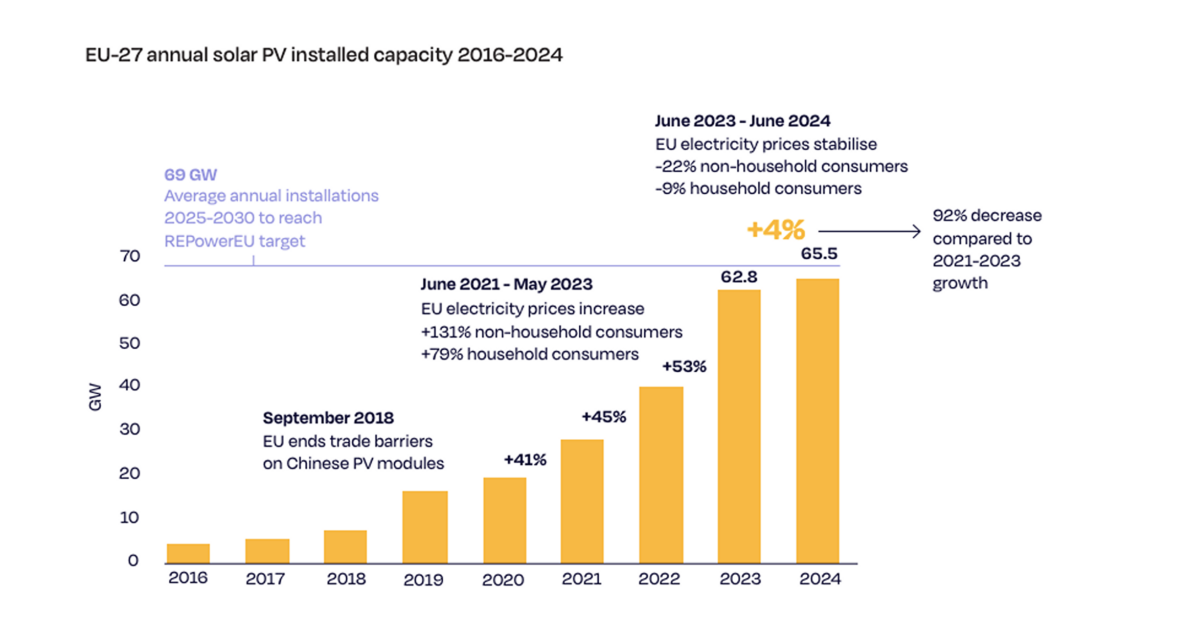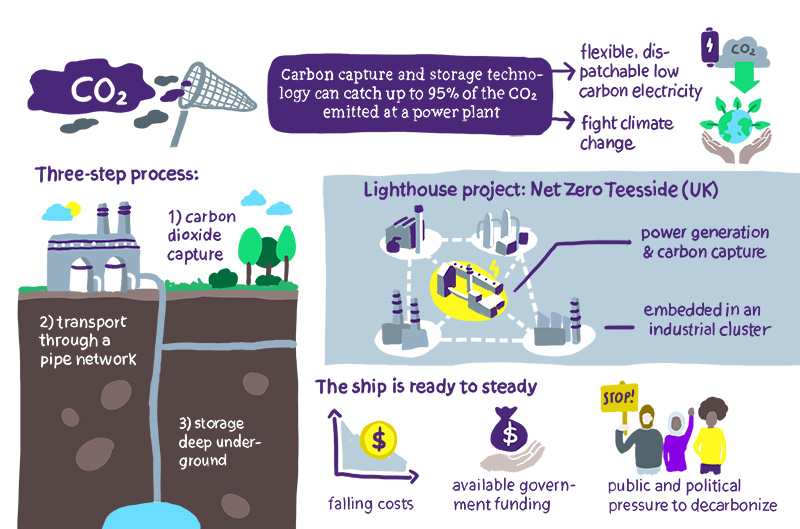 Steam rises from the cooling towers of the new coal power blocks F/G (at L) and from the elder power plants of RWE Power, one of Europe's biggest electricity and gas companies in Neurath, north-west of Cologne, Germany in this picture taken March 4, 2016. REUTERS/Wolfgang Rattay
Steam rises from the cooling towers of the new coal power blocks F/G (at L) and from the elder power plants of RWE Power, one of Europe's biggest electricity and gas companies in Neurath, north-west of Cologne, Germany in this picture taken March 4, 2016. REUTERS/Wolfgang Rattay
Germany's ruling coalition parties have agreed a raft of new trade policy measures, including quitting the Energy Charter Treaty, which has come to be seen as an obstacle to tackling climate change.
The three parties in Chancellor Olaf Scholz's government also said they had agreed to back the ratification of the European Union's free trade agreement with Canada eight years after it was originally agreed.
The energy charter treaty, originally designed to regulate cross-border energy trading in the aftermath of the Cold War, has been criticised for slowing the world's exit from fossil fuels, in part by creating grounds for fossil fuel users to claim compensation when they are forced to shut plants.
"We want, like our European partners, France, the Netherlands, Spain or Poland to agree to Germany's departure from the energy charter at the same time as we ratify the CETA agreement," the parties said in a statement.
The relevant law could be brought before the German Bundestag at the end of November, they added.
"The Energy Charter Treaty is a toxic treaty, which slows down the energy transition," said Anna Cavazzini, a German Green legislator in the European Parliament, urging the European Union's executive to follow suit in initiating the 27-country bloc's own exit from the treaty.








